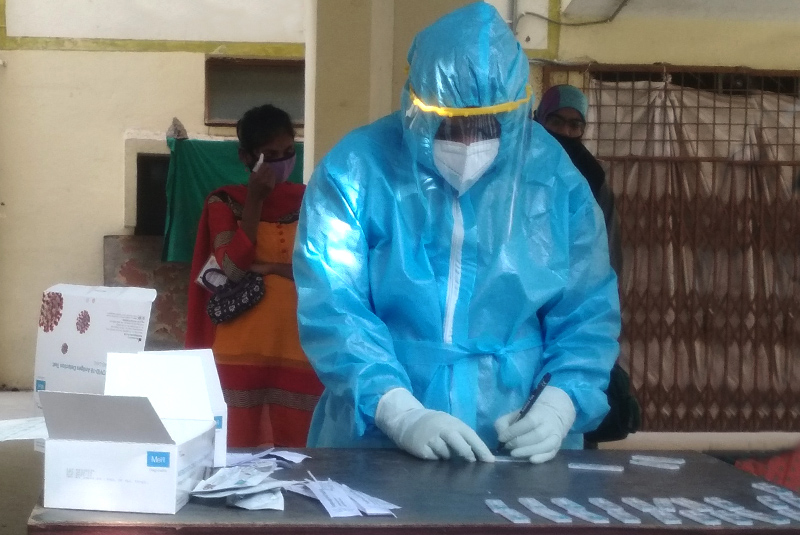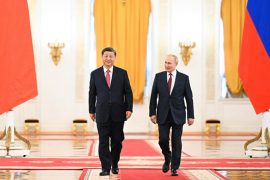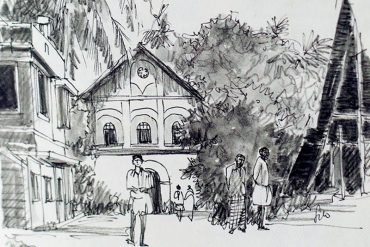India’s unfolding coronavirus crisis has shocked the entire world. In our reactionary age of thinking in nationalistic terms of the wellbeing of only our own citizens, we all have been shocked into the realisation that our own wellbeing is dependent on that of others. The coronavirus pandemic is perhaps the ideal threat to drive this point home; the existential threat posed to one’s own country by virus variants spawned elsewhere is easy to perceive.
It is true, in a tautological sense, that the primary purpose of a political community is to protect its own members, and it is also true that all nations will take steps to ensure the same first and foremost. But this truism is vacuous because it is and has always been universally valid. Moreover, it masks the fact that altruism across borders is merely another form of self-help, but where the causal links between assistance given and benefits gained are indirect not direct.
The existential threat posed by threats less direct and tangible than a pandemic, such as governmental breakdown, global inequality and climate change, is no less interconnected even if less perceptible. We must harvest the awareness of interconnectedness from the current crisis and rehabilitate the globalist ethic from being a dirty word tantamount to betraying one’s own country.
-30-
Copyright©Madras Courier, All Rights Reserved. You may share using our article tools. Please don't cut articles from madrascourier.com and redistribute by email, post to the web, mobile phone or social media.Please send in your feed back and comments to [email protected]










